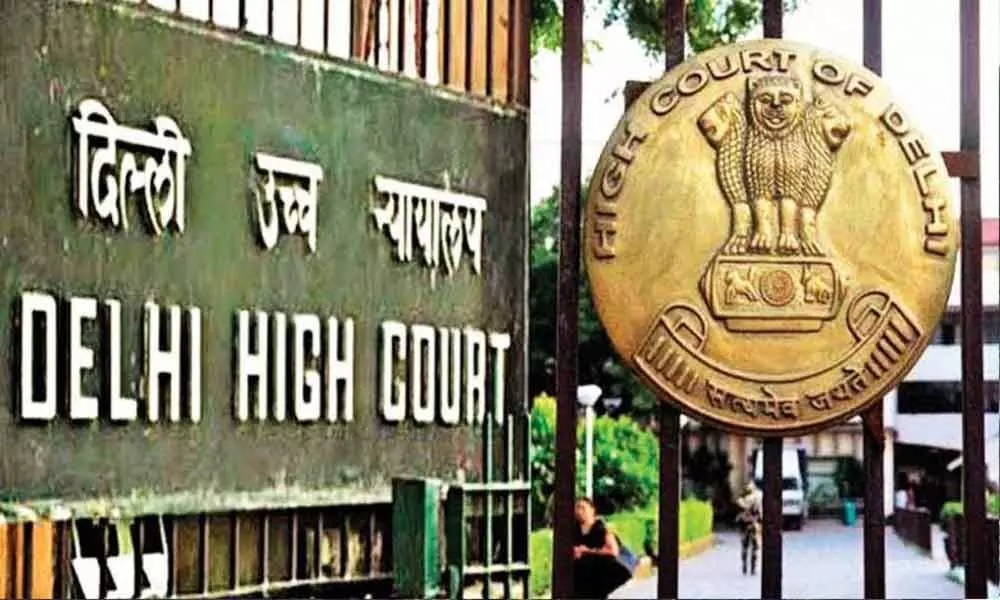New Delhi: What purpose exams serve, if classes not held, asks High Court

The Delhi High Court on Wednesday asked the Jawaharlal Nehru University (JNU) what was the purpose of having online open book or take-home exams if classes have not been held.
New Delhi (PTI): The Delhi High Court on Wednesday asked the Jawaharlal Nehru University (JNU) what was the purpose of having online open book or take-home exams if classes have not been held.
"Classes were not held. So what was the purpose of having exams if the students were not instructed? Purpose of exams is to evaluate what the students have learned. But if, practically, no classes were held, then what are they being evaluated on? Are they being evaluated on what is written in books," Justice Rajiv Shakdher asked the varsity.
JNU's decision to hold online open book or take-home exams for the monsoon semester has been challenged by students, who had not taken such tests, and several JNU professors.
The court asked the Board of Studies of the various schools and special centres in JNU to convene and give recommendations on how the remaining classes of monsoon semester can be held and how the exams can be conducted.
It asked the Board to forward its recommendations to JNU's academic council and to place a copy before the court prior to the next date of hearing on February 4.
The professors and students, represented by senior advocate Ritin Rao, have challenged the varsity's decision to conduct end-semester examinations for the 2019 monsoon semester through an alternative mode of uploading question papers on the university's website or sending them to students by e-mail, and receiving answer sheets, through e-mails and whatsapp messages.
The petitions, filed through advocates Samiksha Godiyal and Abhik Chimni, have also opposed the varsity's circular directing the professors to commence course work for 2020 winter semester, saying the directions were issued on instructions of the Vice Chancellor (VC) in exercise of his extraordinary powers under the JNU Act and the Statutes of the University.
The petitioners have contended in their pleas that the VC of JNU does not have the power to allow such form of examinations when the entire curriculum had not been covered in the various schools and special centres under the university.
The court appeared to be in agreement with the submission of the petitioners as it said, "The power he (VC) has exercised cannot be for this purpose. The power he has is for other purposes. Let the Board convene and take a decision."
Additional Solicitor General (ASG) Pinky Anand, assisted by advocates Kushal Kumar and Akash Deep Gupta, told the court that the varsity was willing to hold the extra classes. However, to go through entire process of holding exams from start would lead to waste of time as the winter session has already commenced, the ASG, who appeared for JNU, told the court.
She also said that the online open book or take-home exams also do test the students and they are not simple. The petitions have contended that the circulars have been issued without consultation with the faculty members.
"The impugned circulars direct end-semester examinations to be conducted even though the course-work and syllabus for each course of the 2019 monsoon semester has remained incomplete on account of student agitations at the university.
"The impugned circulars prescribe drastic changes in the pattern of end-semester examinations. They also permit registration of students for the next semester without completion of the academic requirements of the 2019 monsoon semester.
These changes are illegal in the absence of approval of the Boards of Schools in duly convened meetings," the petitions have contended. The petitioners have sought quashing of the circulars, extension of the 2019 monsoon semester and direction to JNU to university to conduct course-work, examinations and registration for each semester in strict compliance with the mandatory procedures.








